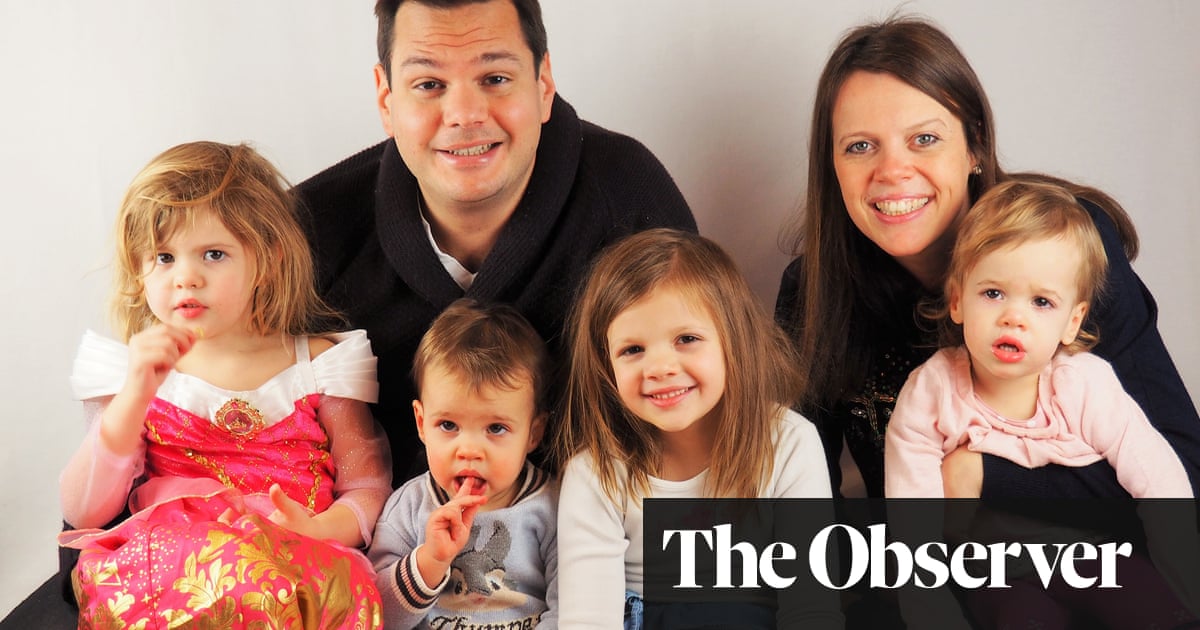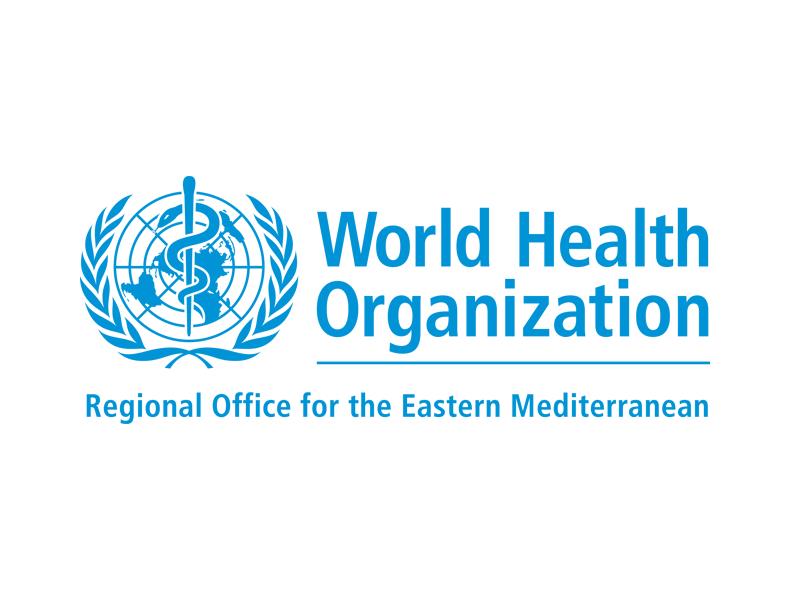
Alice Wakeling was three when a lump began to grow on her neck. Doctors were initially puzzled but, after six weeks of tests, consultants gave her parents, David and Sara, the devastating news. Alice had rhabdomyosarcoma, a rare childhood cancer that develops in muscle or fibrous tissue.
For the next four years, Alice went through gruelling bouts of chemotherapy, radiotherapy and surgery. For a brief period, it looked as if she was free from her cancer. But it returned, and Alice died in October 2019. She was seven.
In the wake of Alice’s illness, her parents – who live in Sevenoaks, Kent – launched a charity, Alice’s Arc, to raise funds for research into the cancer and to help patients and their families cope with the condition.
The results have been rapid. Backed by funds from Alice’s Arc, scientists at the Institute of Cancer Research (ICR) in London have just completed a pilot study which indicates that a simple blood test could soon be used to assess the condition’s severity, help guide choices of treatments and provide early warning if the cancer has returned.
“One of the main problems with rhabdomyosarcoma, like other childhood cancers, is that it is very difficult to track, and the potential to use blood markers – which are being extensively investigated to monitor cancers in adults – is unclear,” said Janet Shipley, professor of molecular pathology at ICR, who led the project.
“That makes it difficult to follow the progress of the condition once it has been spotted, to see how well treatments are working and to spot if a relapse has occurred.”
However, the ICR team has now identified key genetic changes involved in the development of rhabdomyosarcoma and have used these to monitor tumour DNA that is circulating in a patient’s blood. These liquid biopsies have the power to make it far easier to monitor the condition, assess treatments and provide warnings of possible relapses.
Details of the pilot study, which also received funding from the KickCancer Foundation and the King Baudouin Foundation, were recently published in the Journal of Clinical Oncology - Precision Oncology, and it is now being followed up in a full international clinical trial.
Every year, about 70 new cases of rhabdomyosarcoma are diagnosed in the UK, Shipley told the Observer. “Overall survival is around 70%, which sounds quite good. But if the disease has spread or if it returns after treatment, prognosis is dismal.”
She added: “That is the importance of a blood test. It opens the door for making it easier and speedier to monitor the tumour before and after treatment. It also makes it easier to pinpoint specific treatments that are best suited to a particular patient.”
The development of the blood test is a game-changer, said Sara Wakeling. “In order to keep track of Alice’s cancer and to see how it was progressing, she had to be put through really intensive procedures including MRIs and PET scans, and was given anaesthetics hundreds of times,” she told the Observer.
In total, Alice spent 30 nights receiving chemotherapy, had 29 radiotherapy sessions involving general anaesthetics, and spent more than 100 nights in hospital with infections triggered because her immune system had been put out of action by chemotherapy.
“She had to spend so much time in hospital when she would have been far happier being at home with us,” added Sara. “A blood test – which is so much simpler to administer – would have avoided a great deal of that. So just on a practical level, for families coping with rhabdomyosarcoma, this is a very promising development.”
Shipley added that blood tests would also make it possible to tailor treatments more accurately. “Rhabdomyosarcoma is treated with very aggressive forms of radiotherapy and chemotherapy, which in some cases is necessary. But in other cases, less severe interventions are sufficient. That is crucial because there is a real need to administer less toxic therapies - because the majority of patients are children and adolescents, and the long-term side-effects are huge in terms of their physical and cognitive development.
“In the long run, these tests – if fully validated in the clinical trials that we are now undertaking – could make it much easier to monitor this illness and help us improve treatments and, in the long term, save more lives.”












